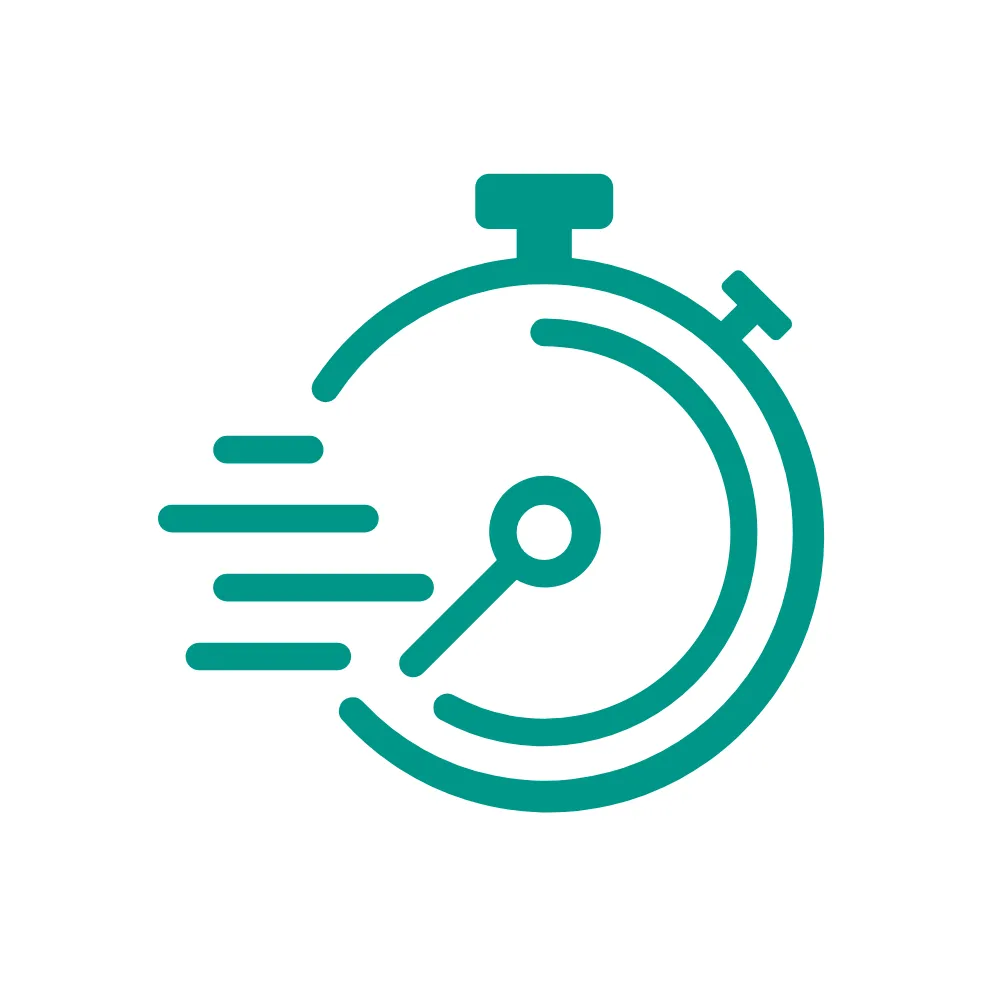Tests For Frequent nosebleeds in Pune
A list of lab tests and other self-help tools for Frequent nosebleeds in Pune
What is Frequent nosebleeds
Frequent nosebleeds are recurring occurrences of bleeding from the nose due to a variety of causes.
List of Lab Tests For Frequent nosebleeds
- CBC-Complete Blood Count
- PT INR APTT Test
- Iron studies Test | Fe TIBC
- Platelet Rich Plasma Test
- Prothrombin TimeInternational Normalized Ratio (PTINR)
- Liver Function Tests (LFTs)
- Immunoglobulins & Free Light Chains
- Scl-70 Antibody Test
- Protein C & Protein S Test
- Factor V Leiden mutation Test
How will these tests help?
The group of tests that you have been scheduled for will help us understand why you are experiencing frequent nosebleeds. The first group of tests includes the Complete Blood Count (CBC), Coagulation Studies, Platelet Aggregation Test, Prothrombin Time International Normalized Ratio (PTINR), Protein C and Protein S Levels, and the Factor V Leiden Test
These tests will be able to provide us with a better understanding of the clotting factors in your blood, which will help us to discover if your nosebleeds are caused by a clotting disorder. The second group of tests includes the Iron Studies, Liver Function Tests (LFTs), Immunoglobulin Levels, and the Antinuclear Antibody (ANA) Test
These tests will help us to understand if your frequent nosebleeds are being caused by an underlying immune-related disorder or anemia. By conducting these tests, we will be able to get a comprehensive look at the possible causes of your recurrent nosebleeds, so that we can provide you with the most effective treatment plan.
Book Tests for Frequent nosebleeds in Pune
Pathofast offers Tests for Frequent nosebleeds at our center in Manisha Terrace, Moledina Road, Pune, Camp, India
Our lab in Pune, is known for its exceptional hygiene, polite staff and quick reports
Our Pune Center, is located close to the railway station and the Swargate Central Bus Depot, as well as the new Metro Lines
Please choose an option below to proceed with your booking:
Self Test for Frequent nosebleeds
Answer the following 3 questions to know whether you should get yourself investigated further


Result :
List of symptoms associated with Frequent nosebleeds
-
 Nasal congestion
Nasal congestion
You may have recently been experiencing a feeling of a blocked nose, or difficulty breathing through your nose.
-
 Excessive fatigue
Excessive fatigue
You may have been feeling more tired than usual, even after getting enough rest.
-
 Facial swelling
Facial swelling
You may have noticed some swelling around your nose and upper lip, which may be accompanied by a feeling of tightness in the area.
List of home remedies for Frequent nosebleeds
Try these at home, only after consulting your doctor
-
 Apply a cold compress to the bridge of the nose. Applying a cold compress to the bridge of the nose can help to constrict the blood vessels, reducing the bleeding.
grade
Apply a cold compress to the bridge of the nose. Applying a cold compress to the bridge of the nose can help to constrict the blood vessels, reducing the bleeding.
grade
-
 Keep the head elevated. When lying down, try elevating the head slightly with an additional pillow. This will help to reduce the pressure in the nose and reduce bleeding.
grade
Keep the head elevated. When lying down, try elevating the head slightly with an additional pillow. This will help to reduce the pressure in the nose and reduce bleeding.
grade
-
 Use a saline nasal spray. Saline nasal sprays can help to keep the nasal passages moist, reducing the risk of nosebleeds.
grade
Use a saline nasal spray. Saline nasal sprays can help to keep the nasal passages moist, reducing the risk of nosebleeds.
grade
